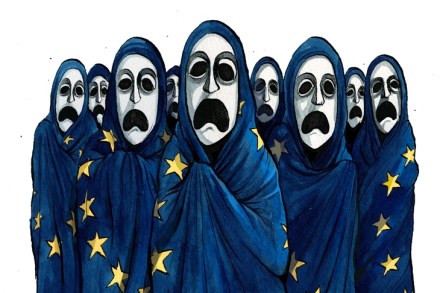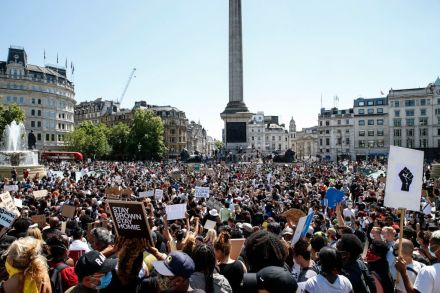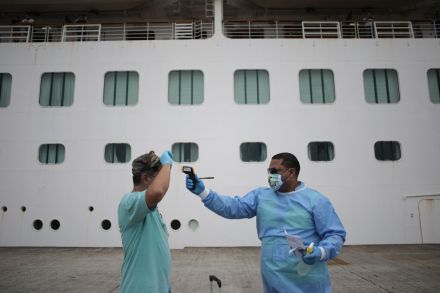Ofcom shouldn’t be allowed to censor ‘harmful’ opinions
In my capacity as the general secretary of the Free Speech Union, I wrote to the chief executive of Ofcom, Dame Melanie Dawes, on 24 April to complain about its reprimand of Eamonn Holmes. According to the regulator, the breakfast television presenter had said something that ‘could have undermined people’s trust in the views being expressed by the authorities on the Coronavirus and the advice of mainstream sources of public health information’. Holmes’s sin, in Ofcom’s eyes, was to say on ITV’s This Morning that any theory running counter to the official government line – such as the one linking 5G masts and Covid-19 – deserved to be discussed in




















